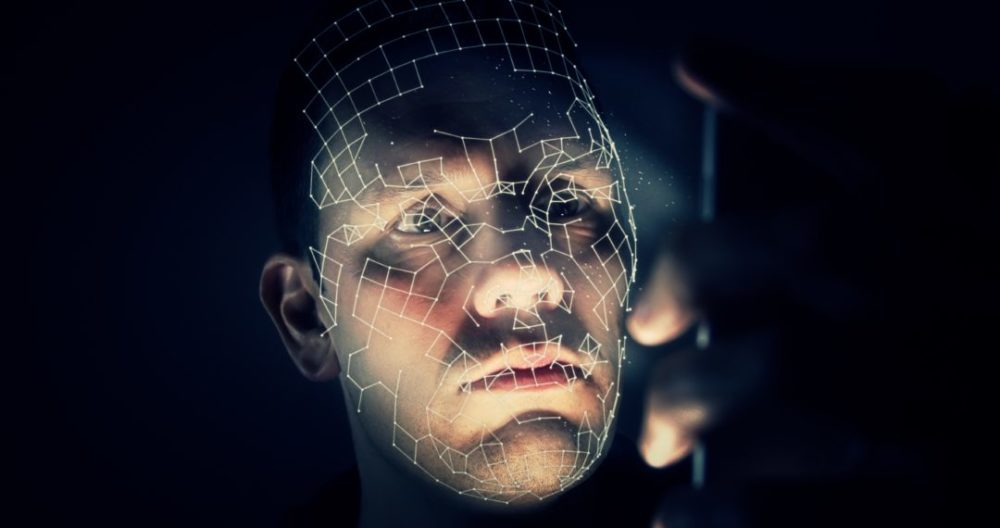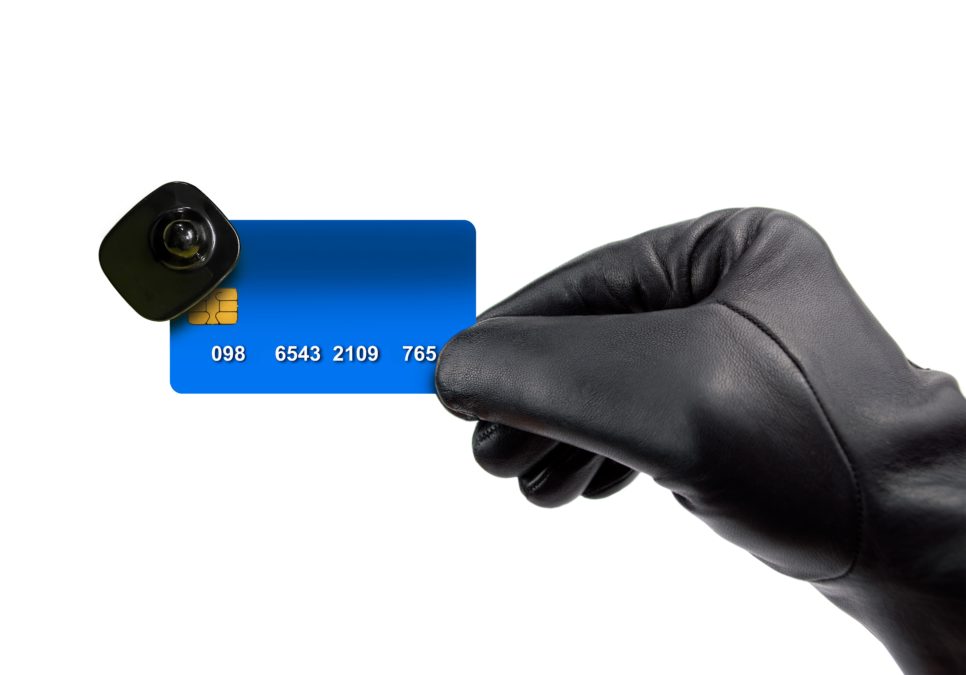Passport control may soon look a little different at Heathrow Airport.
Yoti, who specialise in digital identity systems, will be working with the UK airport on a trial basis aiming to enable passengers to travel using their smartphone and biometrics, instead of traditional travel documents.
When it comes to talking about technology trends in the travel sector, biometric technology, which verifies a person’s identity by way of using their unique biological characteristics, has long been one to watch.
Authentication vs identification: Understanding the technology behind face ID
Jonathan Coen, Heathrow’s customer relations and service director, said: “As our passenger numbers continue to grow, we must look for innovative ways to make it easier and quicker for them to travel through Heathrow with choice, whilst keeping our airport secure. Biometrics are key to helping us do that and we are really excited about the biggest rollout of this equipment at any UK airport.
“With this technology, we’ll be able to offer passengers choice on how they travel through our airport, with colleagues on hand to guide passengers that require it. Biometric technology has been well received by our passengers so far and we’re looking forward to working with our colleagues and the airline community as part of our ongoing transformation at Heathrow, with a focus on enhancing passenger experience.”
Last year, 78 million passengers passed through Heathrow Airport, and annual passenger volumes are expected to increase. Currently, manual authentication means that passengers need to present different forms of ID such as boarding cards, booking reference numbers as well as their passports to various agents to show that they’re authorised to travel.
>See also: Biometric banking gaining popularity with UK customer
According to Yoti, by offering passengers the option to use their biometrics, they will have the choice to streamline that process and significantly reduce the amount of paper used when flying.
As facial biometrics get more accurate, research from IATA shows that 64% of passengers would choose to share their biometric data in exchange for a better experience when travelling.
Gavin Watts, head of transport, government and borders with Yoti, said: “With passenger numbers predicted to double over the next 20 years, the airline industry is looking to maximise airport capacity, maintain safe borders and streamline the passenger experience. We’re really pleased to be involved in trials with Heathrow and look forward to working with them to shape the future of travel.
“Yoti gives individuals a secure, verified digital identity, which they will be able to use for a seamless journey through the airport. They won’t need to dig around for passports and paper documents; their face will be the only thing they need. We’re excited to progress trials with Heathrow and this partnership is a great milestone in our journey.”
>See also: Will the explosion of data in 2017 be repeated in 2018?








